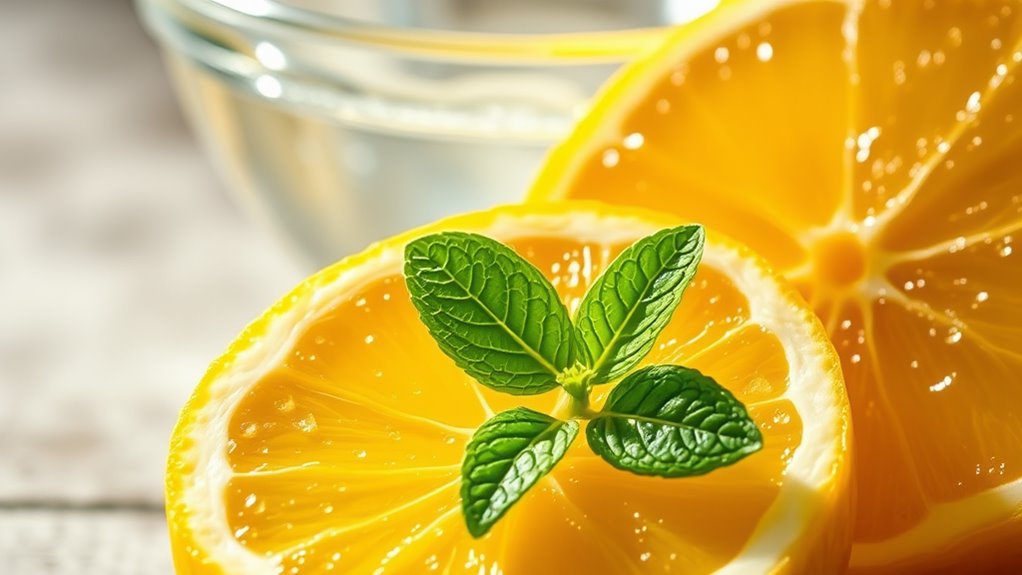Lemon for Scalp Care. This DIY Rinse Is a Game-Changer
If you’re struggling with scalp issues, considering lemon might just be the solution you need. This simple fruit offers numerous benefits that can transform your scalp health and enhance your hair’s shine. By incorporating a DIY lemon rinse into your routine, you can tackle flakiness and improve overall scalp balance. Curious about how to create this revitalizing treatment and maximize its effects for your hair type? Let’s explore the details.
The Benefits of Lemon for Scalp Health
Lemon offers several benefits for your scalp health, especially if you’re dealing with issues like dandruff or excess oil.
The natural acidity of lemon helps balance your scalp’s pH, reducing flakiness and irritation.
Plus, its antibacterial properties can combat fungal infections. Additionally, incorporating a DIY lemon rinse into your routine can enhance hair shine and fragrance.
How to Prepare a DIY Lemon Rinse
Creating a DIY lemon rinse is simple and can enhance your scalp care routine. You’ll need just a few ingredients to get started. Below is a quick overview of what you’ll need and how to mix it:
| Ingredient | Quantity |
|---|---|
| Fresh lemon juice | 1/4 cup |
| Water | 2 cups |
| Essential oil | Optional, 5 drops |
| Container | 1 bottle/jar |
Adding lemon to your rinse can help maintain pH balance in your scalp, promoting overall health and reducing dandruff.
Step-by-Step Instructions for Application
To get the most out of your DIY lemon scalp rinse, follow these straightforward steps for application.
First, section your hair to guarantee even distribution.
Pour the rinse onto your scalp, massaging it gently for a few minutes.
Let it sit for about 5-10 minutes before rinsing thoroughly with water.
Finally, wash your hair with your regular shampoo and conditioner.
Enjoy your refreshed scalp! Additionally, the natural acidity of lemon helps to balance scalp pH, promoting a healthier environment for hair growth.
Precautions to Consider Before Use
Before you try the DIY lemon scalp rinse, it’s important to take into account a few precautions.
First, test the mixture on a small skin patch to avoid allergic reactions. If you have sensitive skin or any scalp conditions, consult a dermatologist beforehand.
Additionally, avoid overusing the rinse, as lemon juice can be drying and may cause irritation if used excessively.
Best Practices for Different Hair Types
Understanding your hair type can enhance the benefits of your DIY lemon scalp rinse.
For oily hair, use the rinse weekly to control excess grease.
If you have dry hair, dilute the lemon juice with water to avoid further dryness.
For curly or textured hair, add a moisturizing agent like honey to maintain hydration while enjoying the scalp-cleansing benefits.






